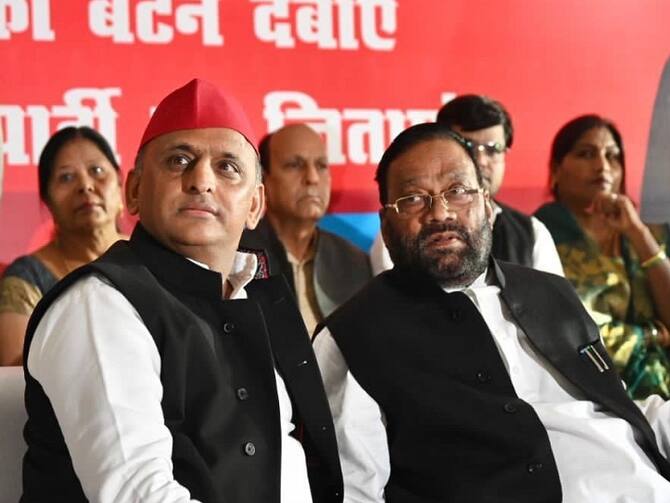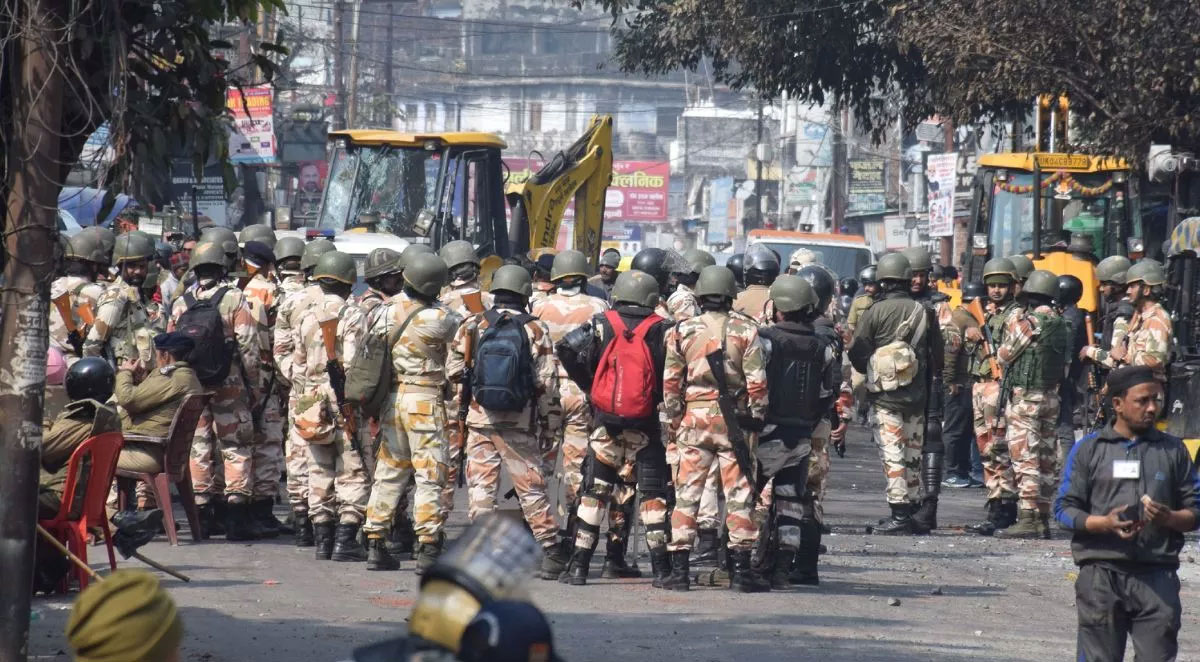The biggest general of the post-Mandal Commission battle for social justice in the 1990s is now behind bars. The mainstream media, known for its upper-caste bias, has already gleefully written his political obituary – just as Fukuyama had pronounced “the end of history”.
FORWARD Press has been an ardent advocate of social justice and so we are bound to be upset by this turn of events. We are not at all holding a brief for corruption or seeking mercy for those indulging in it, we are concerned because this will weaken the fight for social justice in North India because, so far, no one has emerged as an alternative to Laloo. The collapse of this strong citadel of social justice is bound to have strong political repercussions. Uttar Pradesh is already feeling the loss of Kanshi Ram. How will the politics of Bihar be without Laloo? Whose politics would it be?
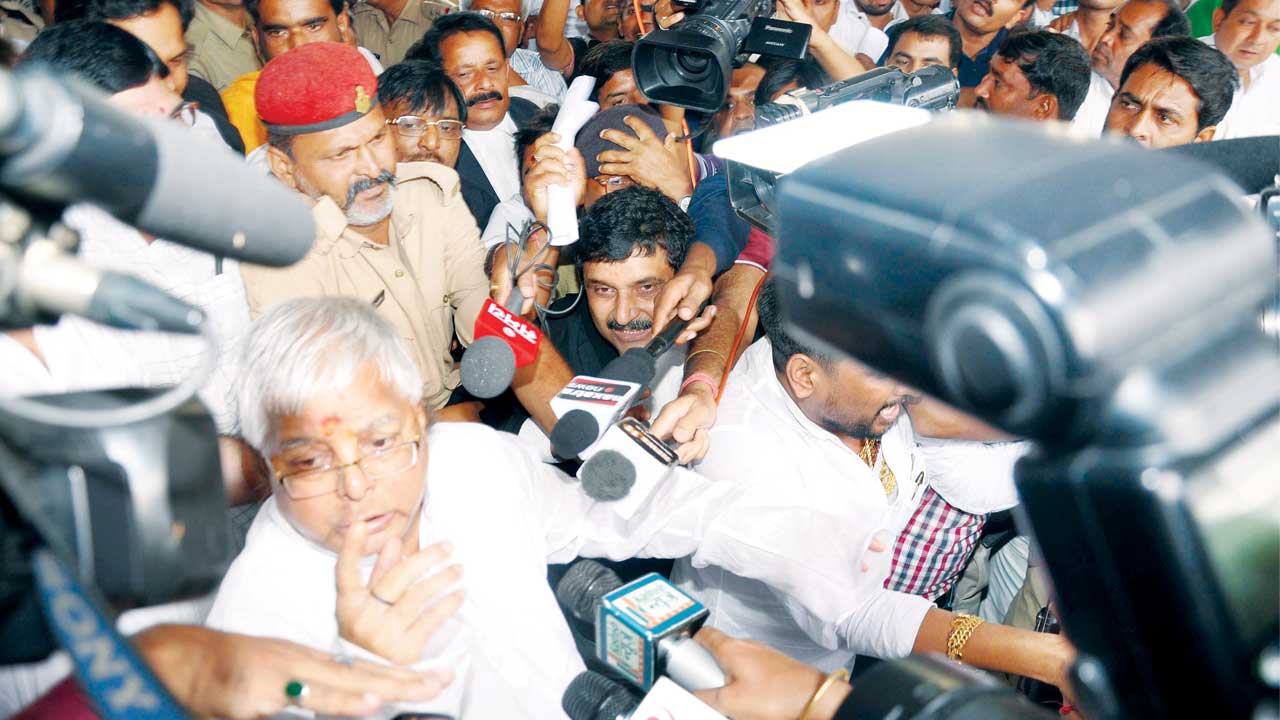
We are neither expert in the law nor would we like to comment on the judgments of the courts of law. But we would certainly like to apprise our readers of some questions that have risen from the l’affaire Laloo. The case in which Laloo has been convicted is popularly known as the Fodder Scam. A brief recapitulation of the scam would be in order. The scam first began unfolding in Bihar in 1975-76, when the state was under Congress rule and Jagannath Mishra was the chief minister. The scam continued to flourish for the entire decade. The scam continued even after Laloo Prasad took over as the chief minister in 1990 because, basically, it involved siphoning off government funds. It seems that the rulers were in the know of these things but it was not as if politicians of only one party or of a particular caste were involved. It was an all-party scam involving elected leaders, bureaucrats and businessmen. Those who were in power must have been getting a bigger share in the loot, those out of power, a smaller one. But all were partners in the scam – whether the ruling party leaders or the opposition ones.
A recently filed petition —by a person called Mithilesh Kumar in the Jharkhand High Court— contends that the present chief minister Nitish Kumar and his close lieutenants, Shivanand Tiwari and Lallan Singh were also involved in this scam. The petition has been admitted by the court and this has set the cat among the pigeons in the ruling party circles of the state. Here, it will be pertinent to mention that Shivanand Tiwari and Lallan Singh were the key persons behind the filing of a PIL seeking an enquiry into the scam. Is history repeating itself? In 1995-96, as the chief minister of Bihar, Laloo Prasad had exposed the scam and it was on his orders that a probe was launched into it. Today, he is in jail. It is quite possible that sooner or later, Shivanand Tiwari and Lallan Singh, who had demanded the probe then – and their mentor Nitish Kumar – may also come under the ambit of the enquiry. Things will become clearer after the CBI presents its stand in the Jharkhand High Court on the petition filed by Mithilesh Kumar on 22 November 2013.
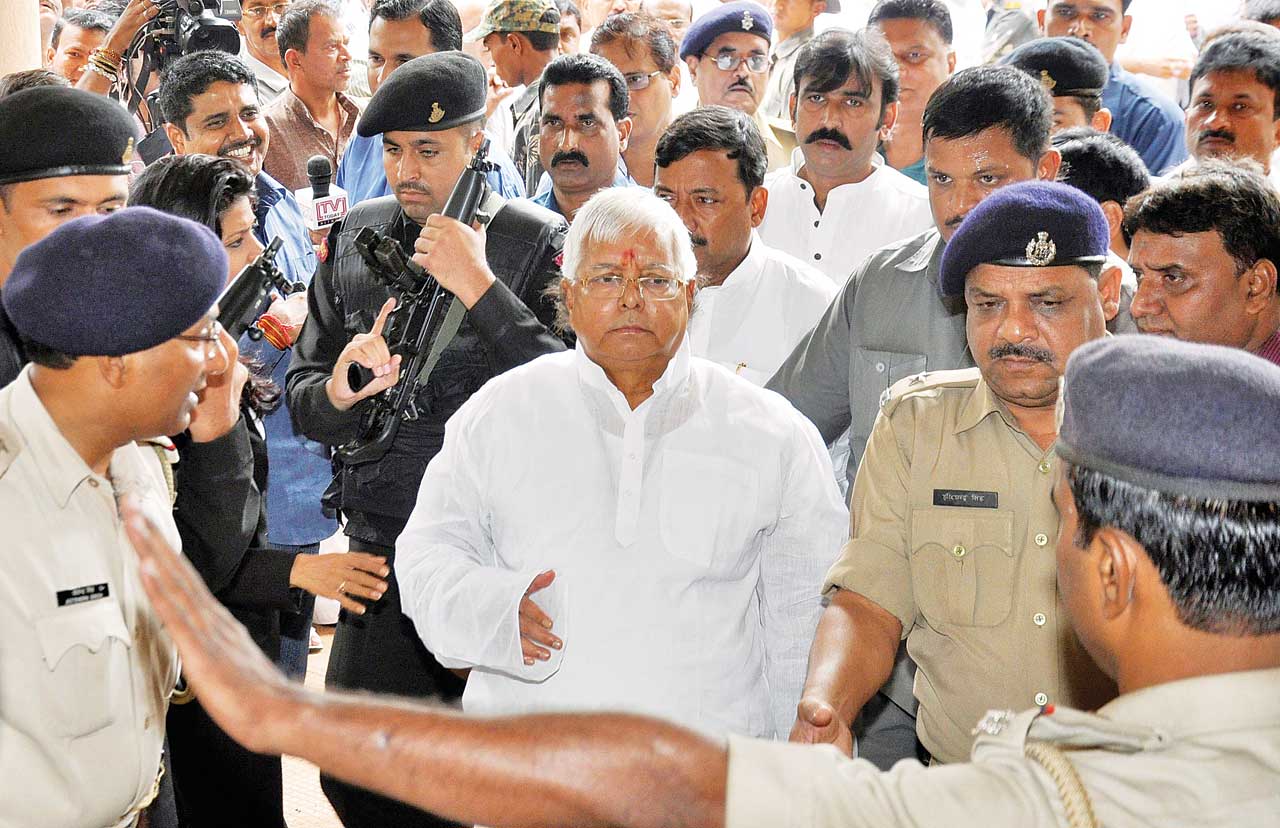
Let the courts do their work. We would only like to dwell on the socio-political implications of the case. Dalits and OBCs have been repeatedly insisting that courts are neither ready to hear nor understand their pleas. As a corollary, the question may be asked: Does the upper-caste dominated judiciary want to suppress the voice of the Dalits and OBCs? Laloo Prasad Yadav had expressed the apprehension that the presiding officer of the CBI court trying the case was a close relative of a Bhumihar cabinet minister in the Nitish Kumar government and that this fact may have influenced the course of justice. Probably his apprehension proved correct.
Here, one is reminded of a story titled ‘‘Nyaya’’ (Justice) by Hindi short story-writer Manmathnath Gupta. It depicts how justice is not always blind. It is influenced by the person dispensing it. The story is about a farmer. One day, he reaches his home, only to find his wife in a compromising position with another man. He catches hold of the man and hits him on his head with a hoe. The man dies. The case goes to a court. The judge himself has illicit physical relations with another woman. He contends that no one has the right to take the law into his hands. If the farmer had seen his wife in a compromising position with a man, he should have caught him and handed him over to the police. No civilized society can give its members a license to murder. He holds the farmer guilty of manslaughter and sentences him to death. The convict appeals in a higher court. The wife of the judge of the higher court is in a relationship with some other man and the judge is aware of the fact. He acquits the farmer taking the stand that in such a situation anyone can do what the farmer did. It was a natural reaction and not a crime. This story thus raises questions about our judicial system and shows that judges are not angels.
But a bigger political question is whether Laloo would have been convicted if his party had 20 Lok Sabha members? Another related question is whether the CBI would have let Mulayam Singh or Mayawati off the hook if they had only three or four MPs with them. Is there any truth in the allegation of Narendra Modi and other BJP leaders that the Congress government is using the CBI to serve its political ends?
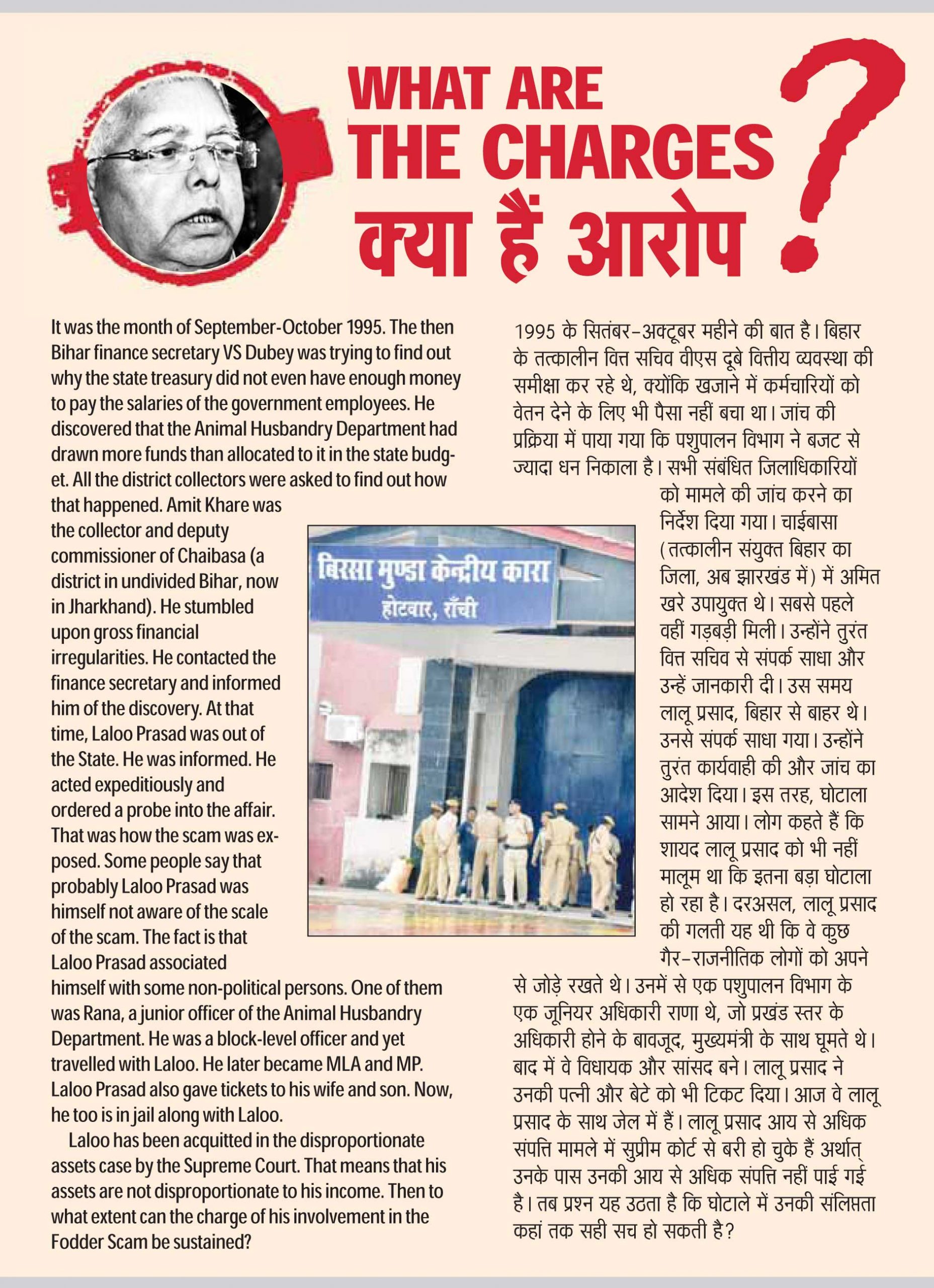
Questions will continue to be raised. But at present, what has to be dwelt upon is how and to what extent the politics of Bihar will be affected by this judgment. The BJP may feel happy that it has managed to emerge as an alternative to the Congress in Bihar. The upper-caste lobby in Bihar’s politics is sure that Nitish Kumar will soon meet the fate of Laloo. This hope is evident in the statements of BJP Bhumihar leader Giriraj Singh, who was a minister in the Nitish Kumar government. Nitish Kumar may also be hunted down soon.
Be that as it may, Laloo Prasad is not as guilty of scripting a scam as he is of keeping bad company (see box). It is unfortunate that the accused and convicts of the Fodder and Alaktara scams still surround him. There is a clear message here not only for Laloo Prasad but also for other politicians: Refrain from extending political patronage to people with questionable credentials. Beware neta, you may be judged by the company you keep!
Published in the November 2013 issue of the Forward Press magazine
Forward Press also publishes books on Bahujan issues. Forward Press Books sheds light on the widespread problems as well as the finer aspects of Bahujan (Dalit, OBC, Adivasi, Nomadic, Pasmanda) society, culture, literature and politics. Contact us for a list of FP Books’ titles and to order. Mobile: +917827427311, Email: info@forwardmagazine.in)
The titles from Forward Press Books are also available on Kindle and these e-books cost less than their print versions. Browse and buy:
The Case for Bahujan Literature
Dalit Panthers: An Authoritative History





